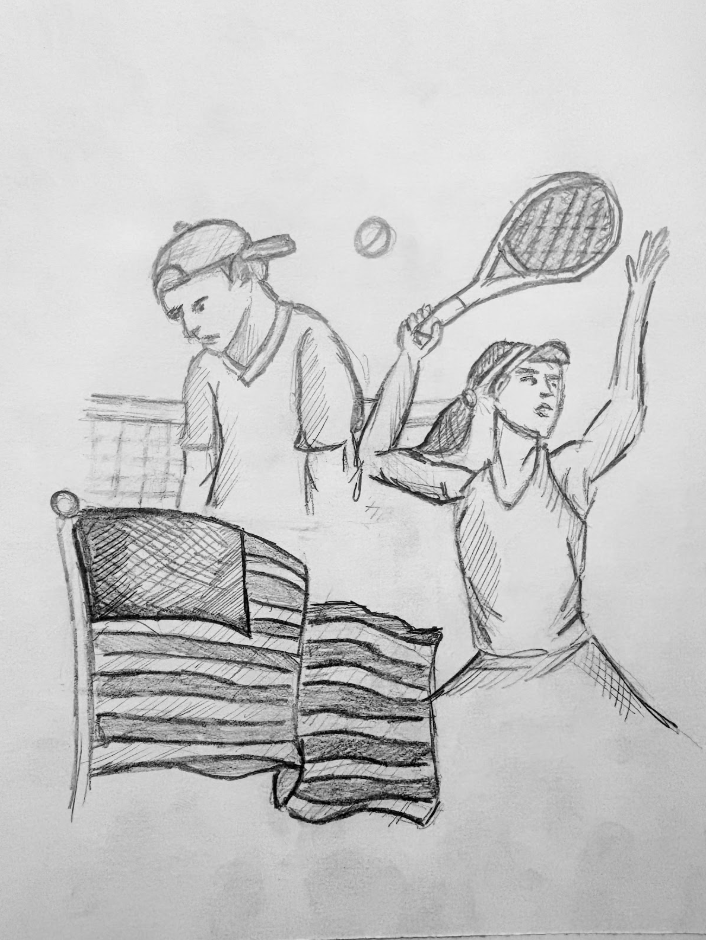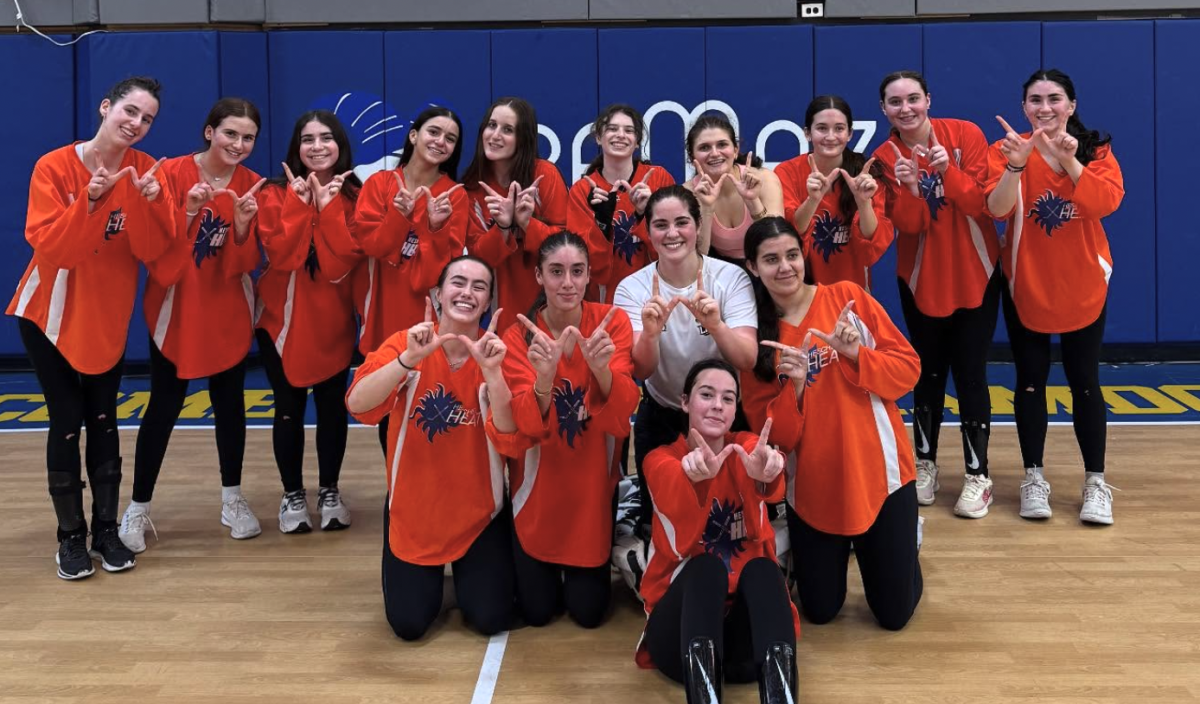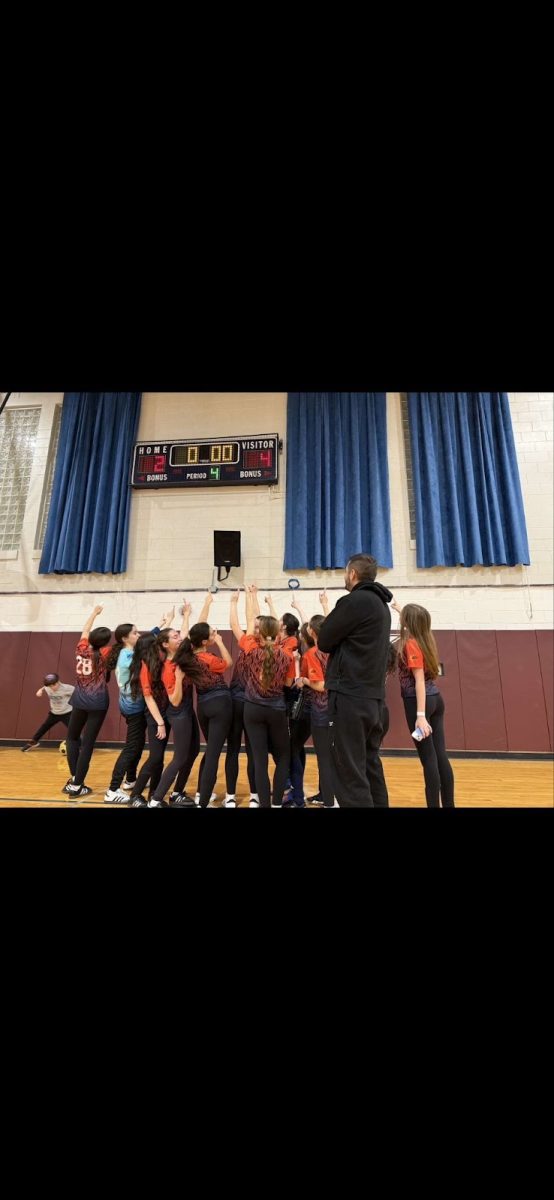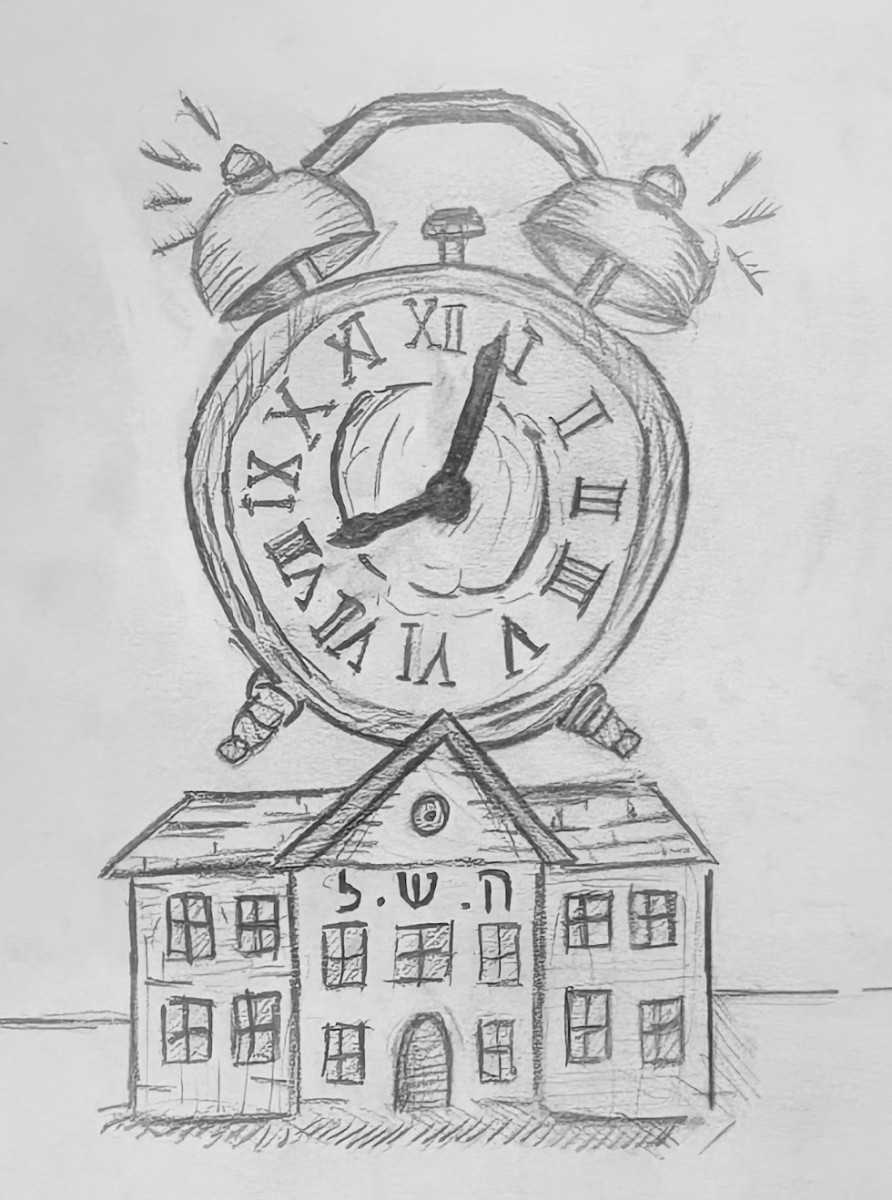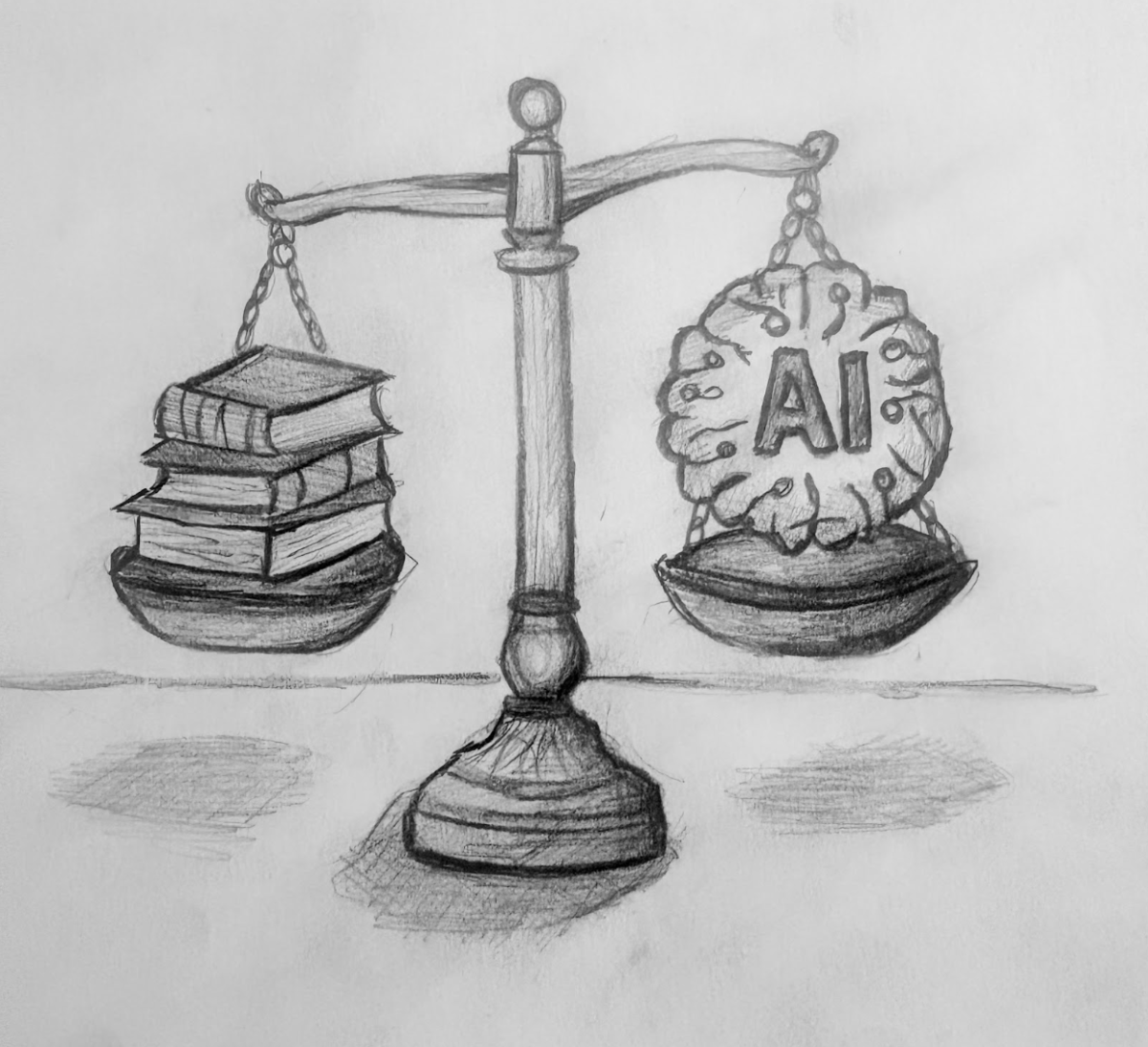On March 28, the International Court of Justice (ICJ) issued a ruling stating that while Israel is not currently committing genocide in Gaza, they must take preventative steps to ensure this does not become a reality during the conflict.
The ICJ’s decision to take a “preventative” stance unleashed a firestorm of anti-Zionist propaganda due to the ambiguous phrasing contained in the ruling. The ruling states: “The States of Israel shall ensure with immediate effect that its military does not commit any acts of [genocide].” However, it fails to specify exactly what this would look like outside of providing humanitarian aid to those suffering. Hence, the ICJ’s equivocation can be perceived as an implication of Israel’s guilt.
Many leaders within the international community have interpreted the ruling to suggest that Israel must call for an immediate ceasefire. South African foreign minister Naledi Pandor said, “If you read the order, by implication, a ceasefire must happen.” However, this is not at all what the ruling states. Its lack of specificity encourages these types of comments and legitimizes the belief that Israel is committing genocide.
Furthermore, the ICJ does little to mention the steps the Palestinian Authority, Hamas, or any other parties involved in the conflict can take to alleviate tensions, aside from returning the hostages. Instead of condemning Hamas’ hostility, the Court chose to ignore it, revealing their concerning bias against Israel.
We, as the Helios Editorial Board, recognize the power of language and the danger of ambiguity in foreign affairs. While the ICJ attempts to appeal to both sides of the conflict, they fail to address the concerns of either party. We hope that, during the next steps in this investigation, the ICJ takes a firmer stance on Hamas’ belligerence and they are precise in their rulings. Above all, we hope that the ruling allows for the hostages to come home soon.





